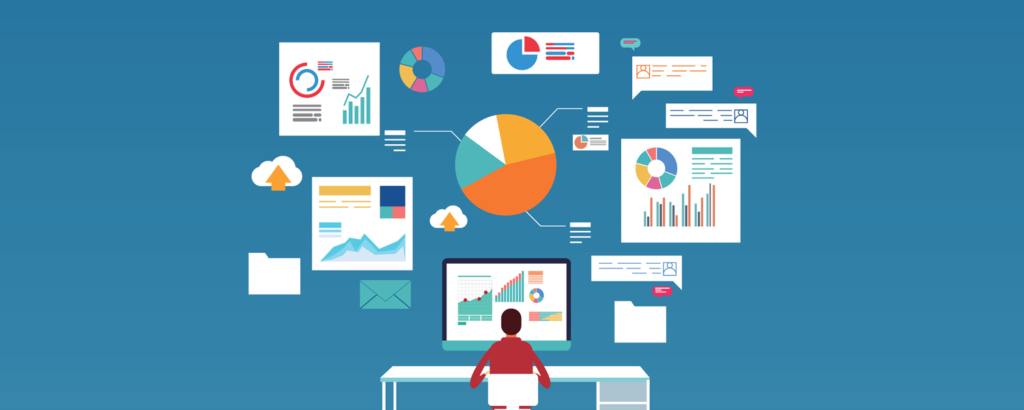Data Catalog
Data Catalog: What is it, and why do we need it?
Offering the chance to improve how a company manages and maintains data quality will always be an easy sell. The importance of data quality has been steadily rising each year, and this trend will only continue. There are countless solutions that companies can utilize to upgrade their data quality management process, one of the more prominent ones being the data catalog.

What is a data catalog?
A data catalog is a software solution that gathers metadata and arranges it into an organized inventory of data assets. Search functions, reviewing features, and many other various data management elements are incorporated to enable data users to quickly locate data assets that are both available and suitable to the user’s needs.
As mentioned above, data catalogs are metadata inventories, making them a staple in metadata management. The benefits of a data catalog are far-reaching, however, and they often spill over into data quality management. Data catalogs are a must-have element of the data solutions package. What makes them so appealing is how they simplify how data is used. The best data catalogs are the ones that can deliver simplicity and numerous other functions. That said, let’s look at some of the essential functions of a robust data catalog.
It provides easy access to data.
One of the most essential and rewarding functions of a data catalog is the access it provides for data analysts. Data catalogs compile data from multiple source systems (such as data lakes, data warehouses, master data repositories, etc.) and organize it to make it easy for analysts to search, find and use specific data assets. Essentially, they provide analysts with a shortcut to multiple data types from various sources.
It contextualizes data assets.
Another core function of data catalogs is all supporting information users can view about specific data. Enabling more informed dataset evaluation, data quality statistics, curator comments, user reviews, and all other associated metadata is included. Data lineage provides a visualized historical view of a particular piece of data, mapping out its previous journeys up to the present moment.
These incorporated features are where it earns the term catalog, as it makes the data discovery experience comparable to modern online shopping. Incorporating this format means that analysts and other data users can easily make more effective decisions.
It’s a godsend for analytics and BI.
Data catalogs are also incredibly effective thanks to various built-in analytics functions and BI tools. Data scientists can fully use their machine-learning tools with complete independence thanks to the automated help of the data catalog. Business users can take advantage of the numerous BI tools to develop higher-quality BI assets.
It strengthens data governance and data quality.
The benefits mentioned above combine to make data catalog the perfect integration into any data management architecture as they directly impact data quality and data governance.
For example, including data lineage and reviewing capabilities ensures only relevant and valid data is used accurately, improving overall data quality. Furthermore, data stewards can catalog critical criteria and policies so that analysts and other users can see how a particular data asset should or shouldn’t be used from the get-go. Strengthening awareness of data policies and the like will ensure a sounder data governance structure.
Higher data quality means more robust data governance. These concepts are often confused with one another, and understandably so, as they are somewhat dependent on each other’s strengths. A company cannot rely on the governance policies and systems in place if they are founded on poor quality or mismanaged data.
Data Catalogs: Here to stay
Data catalogs have yet to reach their full potential, but their benefits are clearly to be seen. Their popularity continues to gain momentum as more and more companies choose to add them to their roster.
